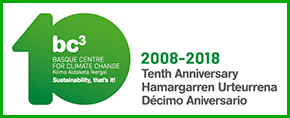The ten case studies selected span eight countries in the Global South, most of them densely populated and highly forested countries with elevated incidence of environmental and social conflicts and high vulnerability to these increasing in the future. In these case studies, the application of plural valuation approaches was mainly triggered by the aspiration to understand and act to alleviate gridlock conflicts upon a specific issue: the evictions of coffee-farmers’ supposedly to secure water for hydropower generation (Sumberjaya, Indonesia); disputes and power asymmetries in the devolution processes of forest management to local people following the Forest Rights Act in the country (Odisha, India); inequity in the distribution of social impacts and well-being contributions of protected areas to people (Darjeeling Himalayas, India); leverage multiple forms of societal demand for traditionally known medicinal plants (Kerala and Tamilnadu, India); disputes over water use and governance (Laikipia, Kenya); disputes over the implementation of participatory processes for designing REDD+ (Kilosa, Tanzania); disputes over green space use in urban areas (Cape Town, South Africa); disputes over the discussion of a law aiming at protecting native forest (Cordoba, Argentina); give voice to marginalized people in watershed management (Otun, Colombia); and collective action to act upon the top-down creation of a protected area (Xalapa, Mexico).
Study sites














